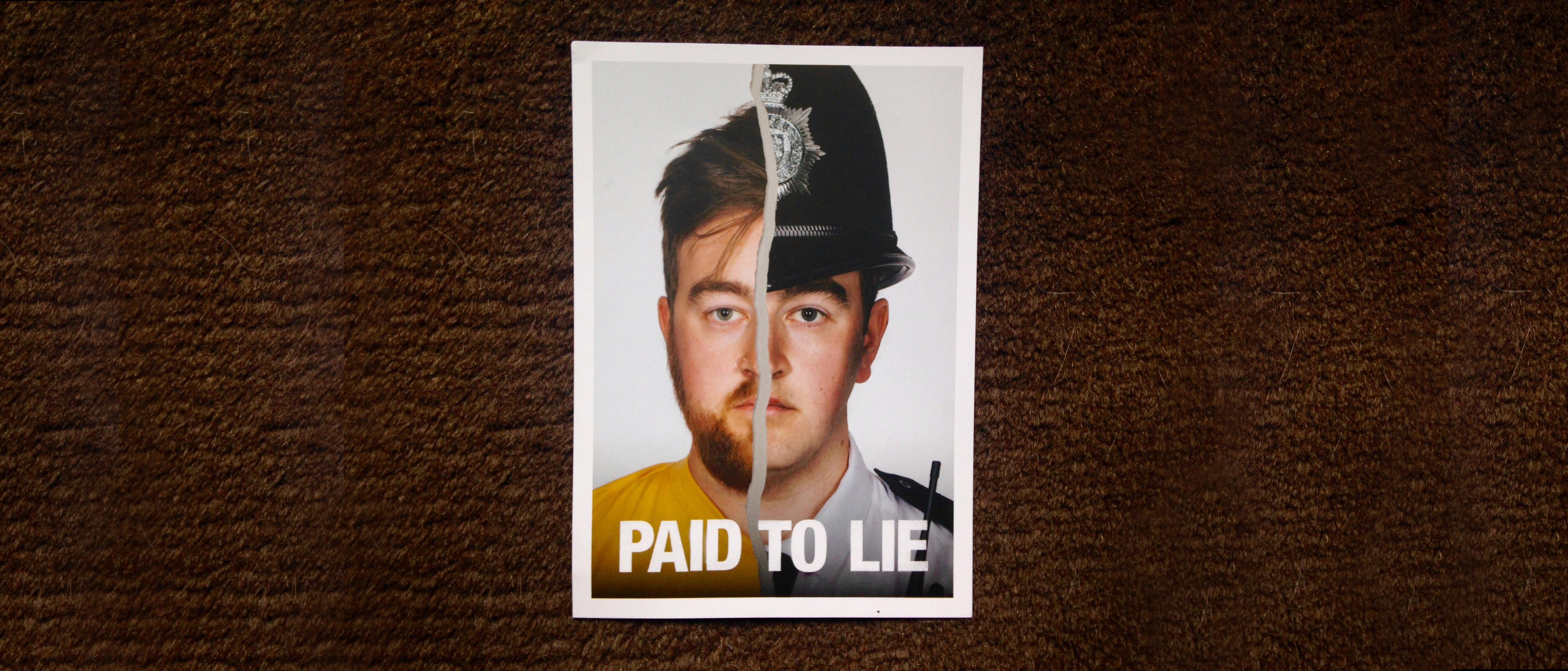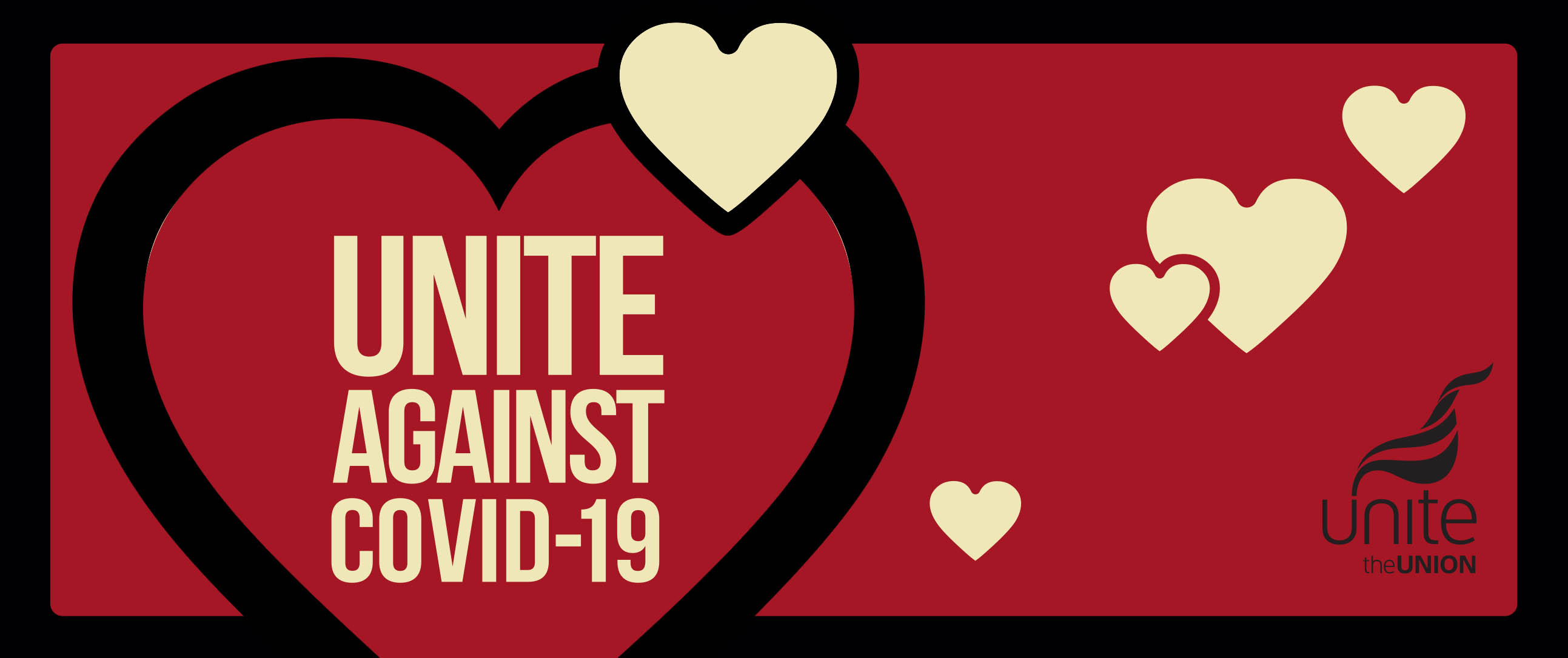Righting past wrongs
Delegates at Unite’s policy conference last week attended a lively fringe meeting on working class miscarriages of justice, chaired by Unite assistant general secretary Gail Cartmail.
The theme which ran through all the speakers was for the need to end the cover-ups and for the release of official documents that the government is currently refusing to publish.
Orgreave
Chris Peace from the Orgreave Truth and Justice campaign reminded the audience that it was over 34 years since Orgreave, where the state used “military style policing” against working class people.
In total 95 miners were initially charged but the trials collapsed. Last year the home secretary refused to order a public inquiry.
Peace said that one of the key issues to right past wrongs was to force the release of the police papers into Orgreave; currently these can’t be published until 2066.
Peace also called on trade unionists to make sure that what happened at Orgreave is not forgotten.
Hillsborough
Sheila Coleman of the Hillsborough Justice Campaign pointed out that after the tragedy in 1989 it was initially described as a football disaster and that her organisation’s campaign was determined to prove it was a miscarriage of justice.
As a result they became a threat to the state, were placed under surveillance and spied on.
Coleman said that she believed that the police force at the time believed that they could act with impunity.
She said that the next Labour Government needed to introduce systems to ensure that similar issues are dealt with swiftly and don’t fester for decades.
Shrewsbury Pickets
Terry Renshaw from the Shrewsbury 24 Campaign was the youngest of the Shrewsbury pickets who were arrested and charged on trumped up charges following the 1973 Building Workers strike. Now in his early 70’s he is still campaigning for justice.
The biggest challenge for the pickets, who were “fitted up by the Heath government in collusion with MI5” is to access the government’s papers into the dispute. The papers should have become available in 2003 but they were blocked then and again in 2012. Currently they will not be released until 2013 at the earliest.
Last year the campaign suffered a setback when the Criminal Cases Review Commission (CCRC) refused to review their cases. The campaign is now crowdfunding to raise the £150,000 they need to organise a judicial review to overturn the CCRC’s decision.
Renshaw also welcomed Labour’s commitment in their last two manifesto’s to publish all the Shrewsbury papers when they enter government.
Renshaw concluded by saying, “The police work for us, not the big employers, not for the government.”
Spy Cops
Lois Austin was spied on by undercover police officer Pete Francis and is a leading member of the Campaign Opposing Police Surveillance (COPS). The COPS campaign has exposed how the Metropolitan Police’s Special Demonstration Squad (SDS) infiltrated 1,000 mainly left wing, anti-racist, anti-fascist, unions and community groups. Austin described their actions as “political policing”.
The undercover police officers in the SDS formed sexual relationships with unsuspecting female activists and in some cases fathered children with them; most of the officers were married.
The COPS campaign has been successful in forcing the government to hold a public inquiry into undercover policing. However the inquiry is in disarray — it is running years behind schedule and has not even started to hear evidence.
The current Judge Mittings “is derailing the inquiry”; he is more concerned about the welfare and privacy of the police officers then of the activists who were abused and spied on. He is refusing to release many of the police’s cover names, which means there remain many victims who still don’t know they were spied upon.
The COPs campaigns are clear on what needs to be achieved for justice.
·     No secret court hearings
·     Make all the files public
·     The release of all the police cover names
·     For a panel to sit and advise Judge Mittings or for him to resign.
Austin also wants to know who gave the orders for these actions and believes that the answer is ultimately “senior politicians”.
Legal Aid
Ruth Hayes for Unite’s Executive Council, who works in a law centre, spoke about how the government’s cuts to legal aid will result in far more miscarriages of justice, as many essential sectors of the law can no longer be accessed through legal aid.
Blacklisting
David Smith from the Blacklist Support Group, talked about the systematic blacklisting of construction workers and said the difference between construction and other sectors was “we found our blacklist”.
Smith also talked about how it has finally been admitted how undercover police officers supplied information on worker’s blacklist files.
Last year hundreds of blacklisted workers received compensation from the blacklisting companies, following a long running court battle, where Unite played a leading part. However Smith reminded the audience “compensation isn’t justice.”
Smith was a construction engineer who was forced out of the industry by the blacklisters. He wants a public inquiry into blacklisting (which is supported by Labour) and for those responsible forced to be made accountable for their actions.
“They took food off my children’s table. I want them grilled, I want them skewered.”
 Like
Like Follow
Follow


